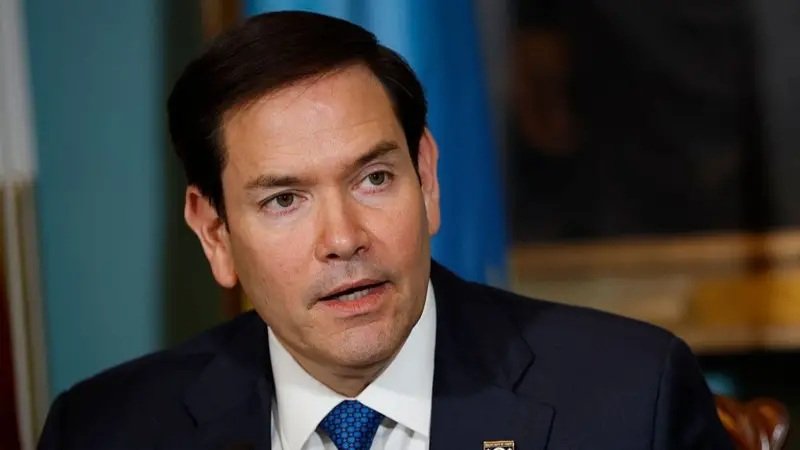Washington (TDI): The United States’ Secretary of State Marco Rubio has urged China to put pressure on Tehran, to prevent it from blocking the Strait of Hormuz, one of the world’s most critical oil shipping lanes.
His statement surfaced after Iran’s state-owned Press TV reported that the Iranian parliament had approved a proposal to close the strait, although the final decision rests with the Supreme National Security Council of Iran.
The news has caused global alarm, with analysts suggesting that any blockade of the Strait would have a profound impact on the world supply of oil and will lead to economic instability.
During an interview with Fox News, Rubio said, “I call on the Chinese government in Beijing to call them about that, because much of their oil comes through the Straits of Hormuz.”
He went on to say, “If they close the Strait, it’s economic suicide for them… Other countries ought to be thinking that too. It would hurt other countries’ economies much worse than ours.”
The Strait of Hormuz accounts for the passage of virtually 20% of global oil trade, and it is Middle Eastern oil’s lifeline for export. Tensions are on an extreme after the United States bombed Iranian nuclear sites on Sunday; which led to an increase in the price of oil.
Read More: What Happens If Iran Closes the Strait of Hormuz?
Brent crude briefly surged to $81.40 per barrel, the highest in five months, before dropping to around $78. China, the world’s biggest buyer of Iranian oil, is a central figure in geopolitics, importing over 1.8 million barrels per day of oil from Iran last month alone, ship-tracking firm Vortexa reported.
Meanwhile, Beijing has been reserved in its reaction to the mounting crisis. On Monday, Chinese UN representative Fu Cong urged all sides to avoid escalating the conflict and appealed for calm, saying that countries need to overcome “the impulse of force” and not “add fuel to the fire.”
In an editorial, China’s state-owned Global Times criticized the US strikes, saying Washington’s actions had “further complicated and destabilized the Middle East situation” and were leading the conflict to an “uncontrollable state.”
With tensions running high, the world is watching China’s position—either a passive observer or an active facilitator. With the Strait of Hormuz once again at the center of geopolitical competition, stakes for global energy markets and regional security have never been higher.
A passionate International Relations student with a strong interest in diplomacy, policy, and global affairs. Dedicated to contributing thoughtful analysis and research on international issues.




